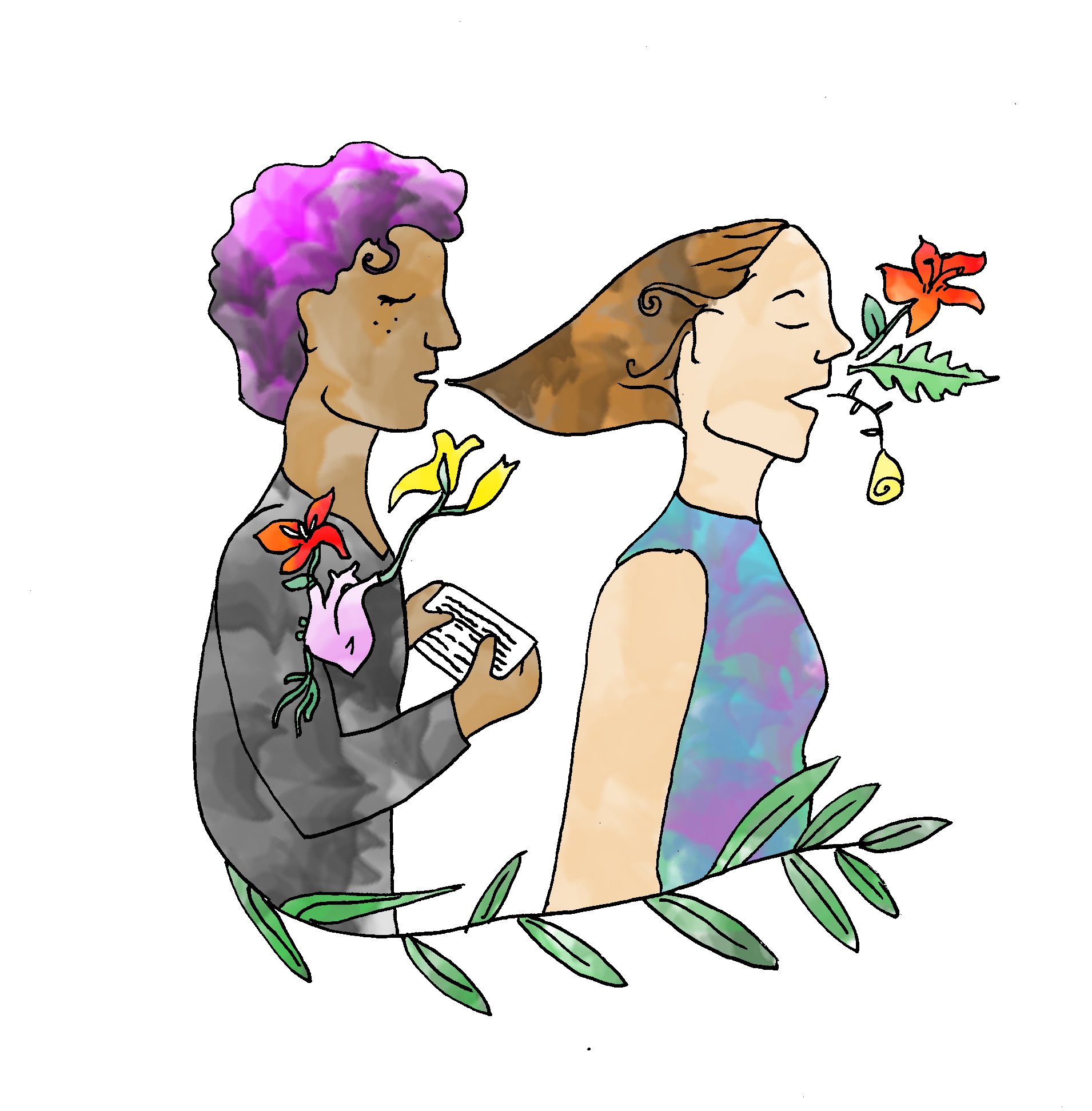Thank you, Bowdoin women
February 21, 2020
My heart flutters when the door creaks open—the stage is dimly lit, empty. I grip my crinkled note card too hard, and my palms smudge the ink. I step out onto the stage. The clapping slows, my feet wander ahead despite hesitation. Soon, I am one in a sea of women. The show begins.
Participating in this year’s production of “RISE” had a profound impact on my outlook on womanhood. I anticipated feeling empowered by the experience, but empowerment only scratches the surface of my transformation. “RISE” has given me more than I could have fathomed: a sense of belonging.
As a first year, I was unaware of “RISE” and its intention. A friend had told me that “RISE” is the “best thing Bowdoin students do.” After seeing the production for myself, I quickly understood the truth of his statement. The diverse values and experiences of Bowdoin women concerning a multitude of issues—from the normalization of sex talk to struggling with self-image and abuse—were unapologetically displayed so bravely. I was in disbelief. These women’s courage compelled me to take part in constructing the connective web that “RISE” cultivates, one that invites the voices of all women to be heard. Such a community.
For this year’s production, my lines were light-hearted, yet I felt an immense weight of responsibility. I could feel the words of my peers before each performance. How can we properly convey the experiences of another? It is our responsibility to breathe life into the pain, humor and self-discovery “RISE” promotes. Our voices are vessels for someone else’s truth.
This isn’t about me—or any individual. It’s about ?us.
 Dalia Tabachnik
Dalia TabachnikOver the course of the production, each story slowly began integrating itself into my daily life. I found myself anticipating lines during monologues at rehearsal, steeling myself for the emotions that would swallow me, be it an eruption of laughter or churning in my stomach. They wove themselves into the fabric of my being. Familiarity had neutralized the need to express true emotion, forcing me to suppress the traumatic experiences of my peers that left me blank inside. Over the course of just one week, I found a way to distort the fear these words instilled within me, crumpling them until they were small enough to handle.
College is four years where the only constant is transition. From the first moments we spend on this campus to the last, our minds, bodies and souls are forced into patterns of social, physical and academic adaptation. I struggle, as do many Bowdoin students, to accept this evolving system. How are we meant to establish ourselves in a world where change creeps around every corner? This concern has imbued me with longing for community. It has caused me to fear the instability of my social environment. I learned to protect myself through systems of internalization.
“RISE” allowed me to squash these insecurities. I cannot remember the last time I sat in a room with just women, let alone over 75 of us. The strength of a community cultivated by those who respect the notions of encouragement, comfort, support and love is unbreakable.
Thank you, Bowdoin women, for giving voice to the good and bad that life has to offer. Because of your bravery, people can understand that they are not alone. Your words speak truths often too hard to swallow but too big to ignore. They are the words many search for, the words many dread hearing. Without even knowing it, they are the words I had needed. Because of you, I have been able to find peace within myself and connections to women around me.
I wish I had followed in the footsteps of the women who worked on “RISE,” allowing my own emotions to swell and escape without hesitation. Womanhood is not a weakness; it is a strength. Our thoughts are entitled to recognition, our voices worthy of acknowledgement. I wish I had allowed myself to be consumed by the heartbreak, the satire and the intimacy of each story. Seeing the openness of every woman in this production, I am inspired to be unapologetically me. I am filled with gratitude to have a place within this community. I am proud to be one of you.
Nora Greene is a member of the Class of 2022.

Comments
Before submitting a comment, please review our comment policy. Some key points from the policy: